Good food comes from cooking it with love, the right ingredients, and cookware. Many things contribute to the delicious food you put on your plate, and some of these things require care, such as your cookware. Just like any other tool or instrument that caters to your cooking needs, knowing how to clean it is a must-have knowledge and skill. Cast iron cookware is commonly used because of its numerous advantages. Aside from its nonstick feature, it has a longer life span and is easy to clean.
Additionally, it is also chemical-free and relatively inexpensive compared to other cookware in the market. Speaking of a longer life span, one of the ways you can prolong it is by cleaning your cookware well, preventing rust and other remnants of your food from settling in and damaging it. If you don’t know how to clean cast iron cookware, then this article will guide you through it.

What is The Best Way to Clean Cast Iron?
The greatest temptation a new cast iron can bring you is the urge to use it immediately. However, you should do a few things first, such as TLC. While most skillets are already pre-seasoned, it is still essential to season it yourself before cooking something in it. By doing this, you create a naturally nonstick surface that will prevent meat or any remnants of food from sticking on your pan.
Seasoning refers to using oil that oxidizes and polymerizes its fatty acids. Before doing this, you should keep in mind that there are different types of fat that you can use, and the best choice would be an oil with a high smoking point. As you coat your pan with oil, it then fills the scratches, pores, or other flaws on the surface of your skillet, creating a plastic-like coat. If you’re confused about what kind of oil you could use for seasoning, experts recommend using grapeseed or flaxseed oil. Both can polymerize into a tough coating and last longer than the other oils’ layer.
If you’re on a budget or still hesitant to try the oils above, using vegetable oil is also a common alternative. Remember to opt for oils with high smoking points, meaning that you should refrain from using olive oil. Read on for a more detailed guide on cleaning and seasoning your cast iron cookware.
The first step is to ensure no residue, grease, or wax on your pan. Wipe it down with a damp paper towel to get rid of any remains you may have overlooked. After that, pat your pan dry by wiping it with a towel or putting it on over low heat. Refrain from leaving it to dry on your rack since moisture buildup can promote rust.
The second step is to preheat your oven. The recommended temperature is between 350 to 500 degrees Fahrenheit. Expect the oil in your pan to smoke, and rest assured that it is normal. Make sure you are well-ventilated to avoid any panic or fire alarms. Use paper towels to absorb or wipe any excess oil. An adequate layer is enough because too much of it can make the coating sticky. A slight sheen signals a good amount of fat that you have poured.
After you’ve done this, leave your newly-oiled skillet in the oven for an hour. Don’t panic when it starts to smoke because it is one of the indicators that the seasoning process is taking place. The last step would be to take out your skillet and give it time to cool. Repeat the process about four times more before using your cookware. A smooth, glossy finish on your pan means that it is finally ready.

How Do You Clean A Cast Iron Skillet After Use?
Unlike the usual way to wash other cookware, cleaning your cast iron cookware is different. You should follow steps and reminders before, during, and after using your pan. While you have finished seasoning your pan, handling it is still vital. Since your cookware is cast iron, it can be damaged by food which in turn can cause other dishes to have an unusual or metallic flavor.
Here are some of the things to avoid cooking in your cast iron cookware:
- Tomatoes
- Vinegar
- Citrus
- Red Wine
- Lime
- Other acidic food
These are best to avoid cooking in your pan because cast iron is reactive, and acid from these foods can thin down or damage the seasoned surface. Cooking strong-smelling food such as fish should also be avoided. Before using your pan, ensure that it is already hot because putting food on a skillet that isn’t heated yet can cause the food to stick. As for cleaning your cast iron cookware, it is best to do it while it’s still warm to prevent food remnants from sticking and making a mess. Using warm water can help you rinse it properly, and wiping it dry with a dishcloth can prevent rust from settling in.
For the longest time, using soap to clean your cookware has been considered harmful to its surface. But in modern times, mild dish soaps already exist, and these soaps bring no harm to your pans. While the purpose of soap is to wash away grease and oil, a well-seasoned pan can stand whatever soap you throw in its way. As the last step, wipe your pan with a paper towel and spread a thin layer of vegetable oil. Store somewhere dry.

How Do You Remove Buildup From Cast Iron?
In a few words, removing buildup from your cast iron skillet only requires gentle scrubbing with water and kosher salt. There’s no need to worry about damaging your pan, as the salt is soft enough to clean it without damaging your coating. After you’ve removed the remnants on your cast iron, dry it with a paper towel and ensure that all traces of water and salt is removed. If you aren’t careful enough, it can make your pan rust. Putting your pan over low heat to dry can also be an alternative way to get rid of water and salt remains.
In removing buildup, never use steel wool as it can cause damage to your pan. Metal scrubbers are also harmful to your skillet, so always stick to non-abrasive brushes.

Can You Ruin A Cast Iron Pan?
Despite being designed for long-term use, your cast-iron cookware is still prone to damage, so you should still be careful in handling it. Many factors contribute to the damage of your pan, and one of these is rust. Using your pan without seasoning shortens its use, and dropping it often can create cracks in it. When you use a skillet with a crack, heat can cause it to break and result in harm to you and your food.
Moreover, you can also ruin your cast iron cookware if you often leave it in the dishwasher. It is a nest of heat and moisture, which can cause your pan to rush and be stripped of its seasoned surface. In the event of your cookware rusting, there is still hope! All you have to do is use steel wool and re-season your pan. Long story short, avoid dropping your pan, putting it in a dishwasher, and letting it rust.

How Do You Remove Rust From Cast Iron?
If, by any chance, you forgot the golden rule of pans which is never to leave it in the dishwasher, the next question you probably have is how to remove the rust. While rust is the common culprit of damaged cookware, it can be reversed and fixed, as long as you know how. As long as your skillet isn’t full of rust, there is always that one ray of hope that you can restore it to its former glory. Here’s what you have to prepare: grease, grease, and a lot of greases!
Together with elbow grease and regular grease, grab a piece of steel wool and scrub away the rust on your pan. After a few gentle scrubs, you should be able to see a smoother surface and no more buildup. Once you’ve done that, here is where you re-season it numerous times. Repeat four to six times to build a thick surface. This can take hours, so have patience!
Alternatives To Cast Iron
While cast iron cookware is popular, it isn’t always what everyone prefers. Each cookware has its advantages and disadvantages, as well as rules you should remember to be able to use it for a long time. Maybe you prefer something more low-maintenance or something that isn’t too reactive or sensitive. There may also come a time when you want to get an upgrade and go for something modern. If you’ve spent more than enough years with your cast iron skillet and want something new for a change, here are the nonstick aluminum alternatives you can check out.
3-Piece Nonstick Kitchen Cookware Set
16-Piece Nonstick Cookware Set
In summary, cast iron cookware isn’t something you can just toss in the dishwasher. It requires maintenance, regular care, and other things you need to keep in mind to use it for a long time. Aside from its affordability, it is also the best choice for your delicate cooking. Whether this cookware is for you or not is up to you, so keep in mind to read about it and consider other options before investing in it.
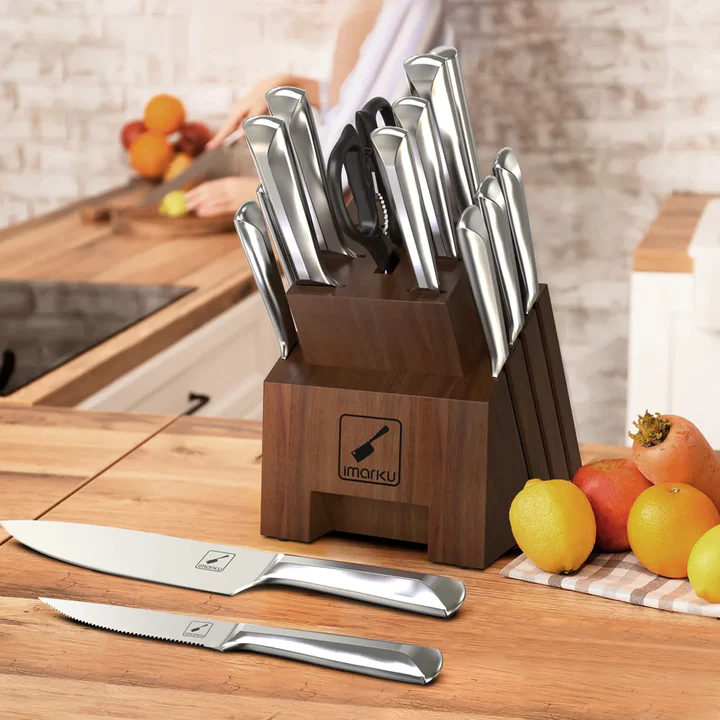
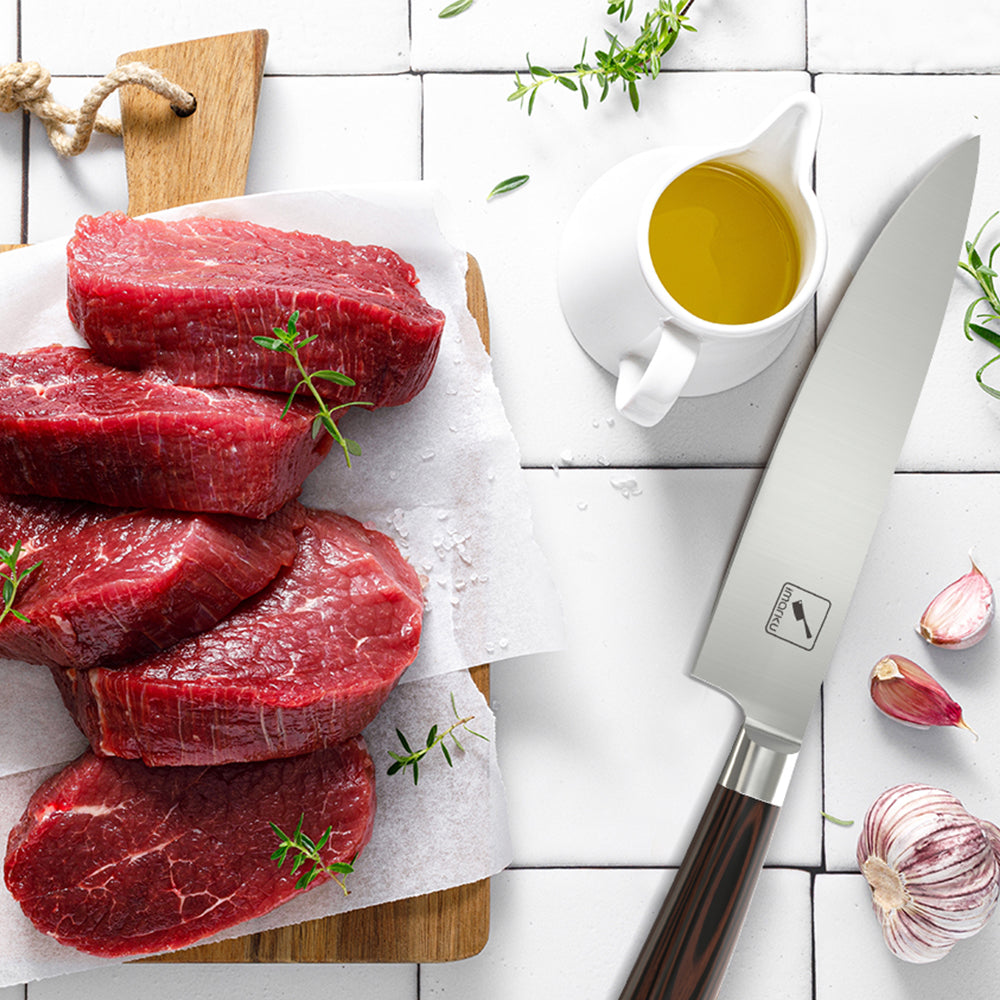






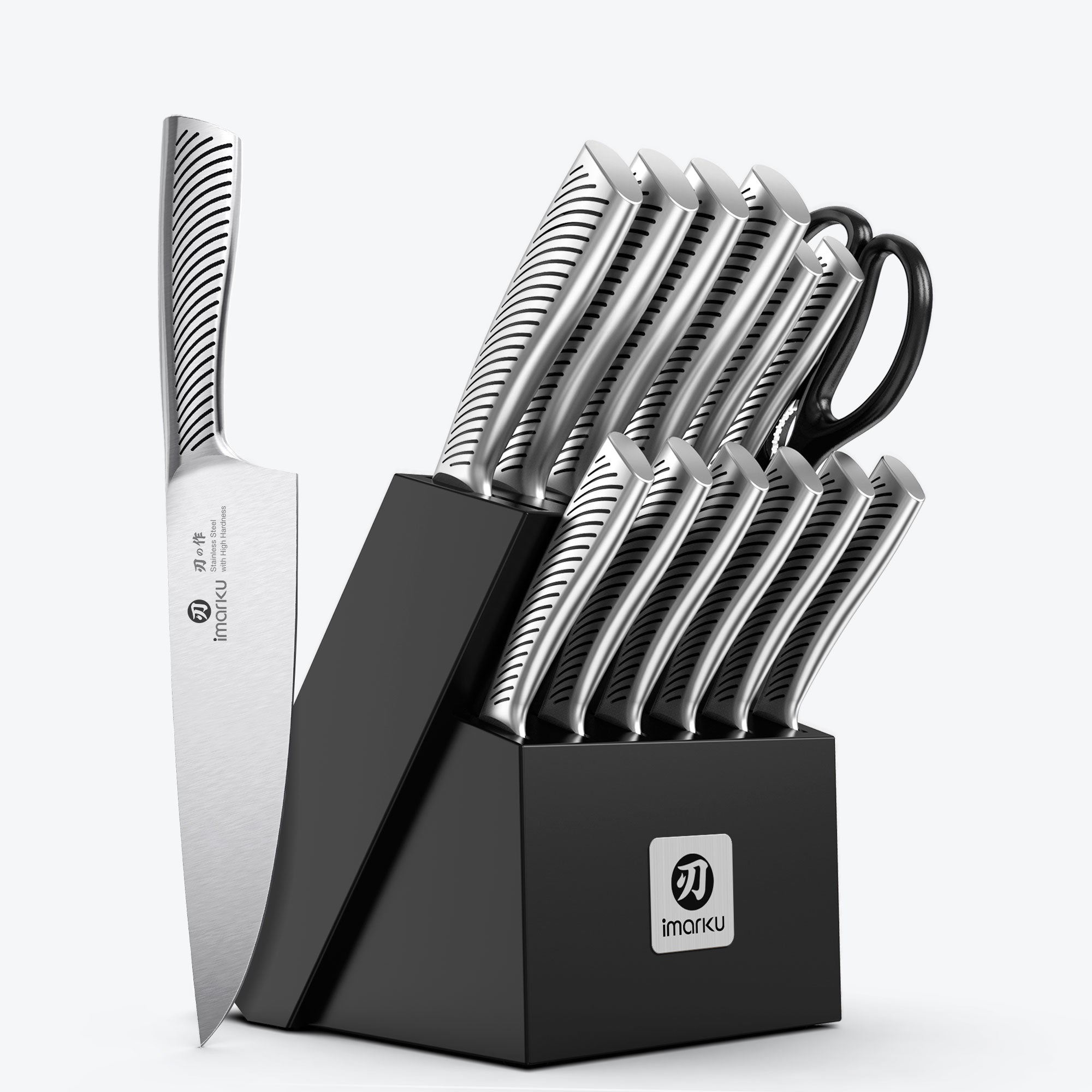

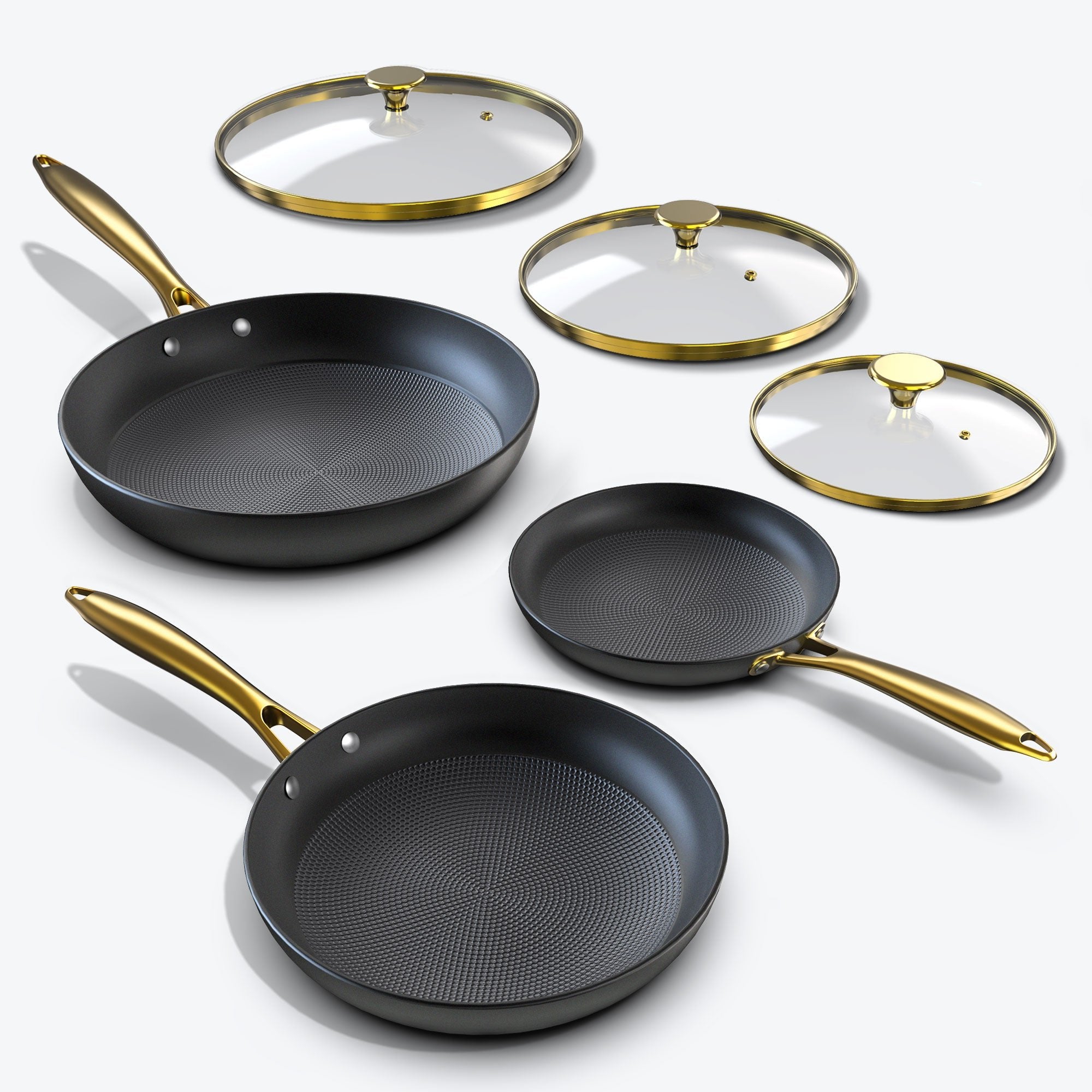
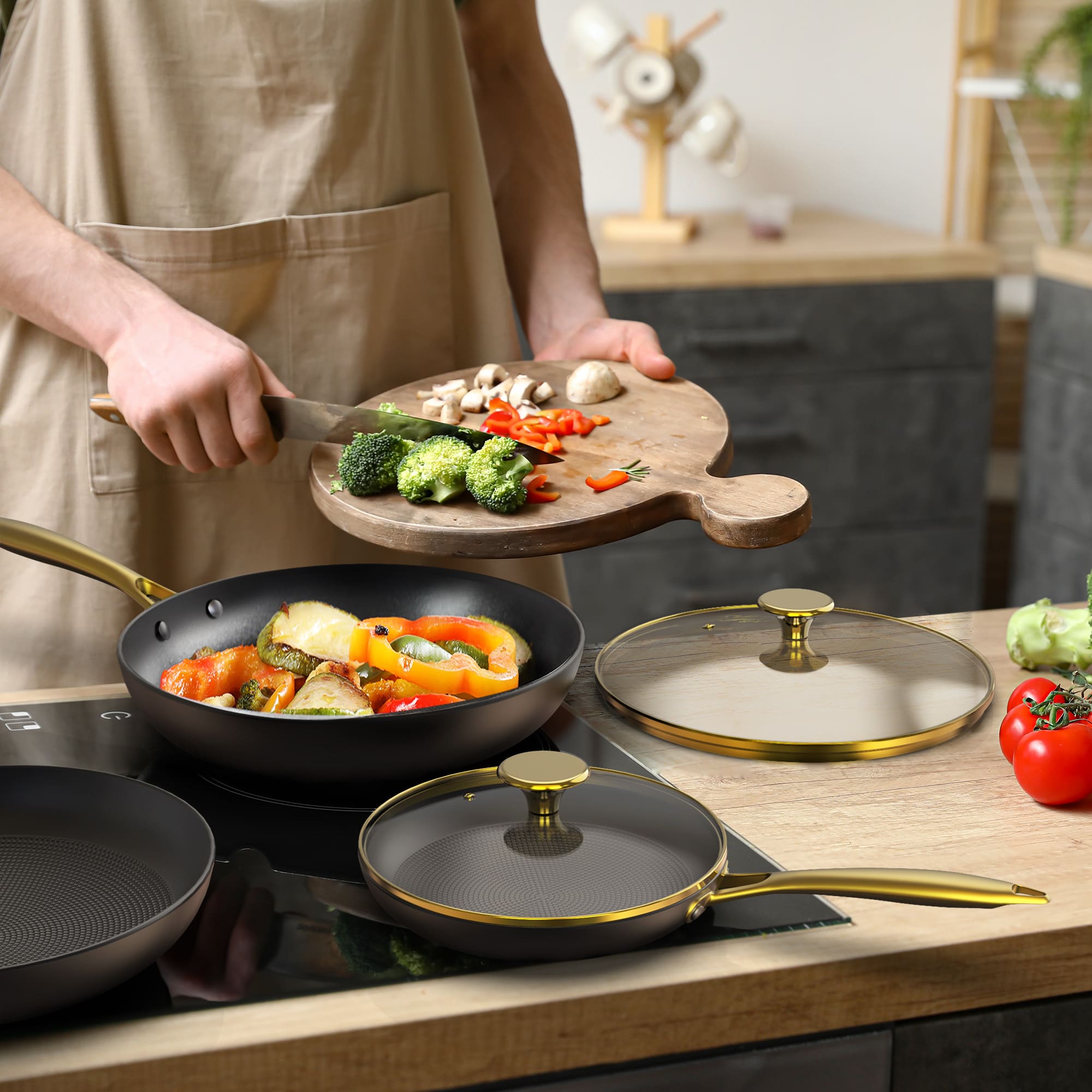


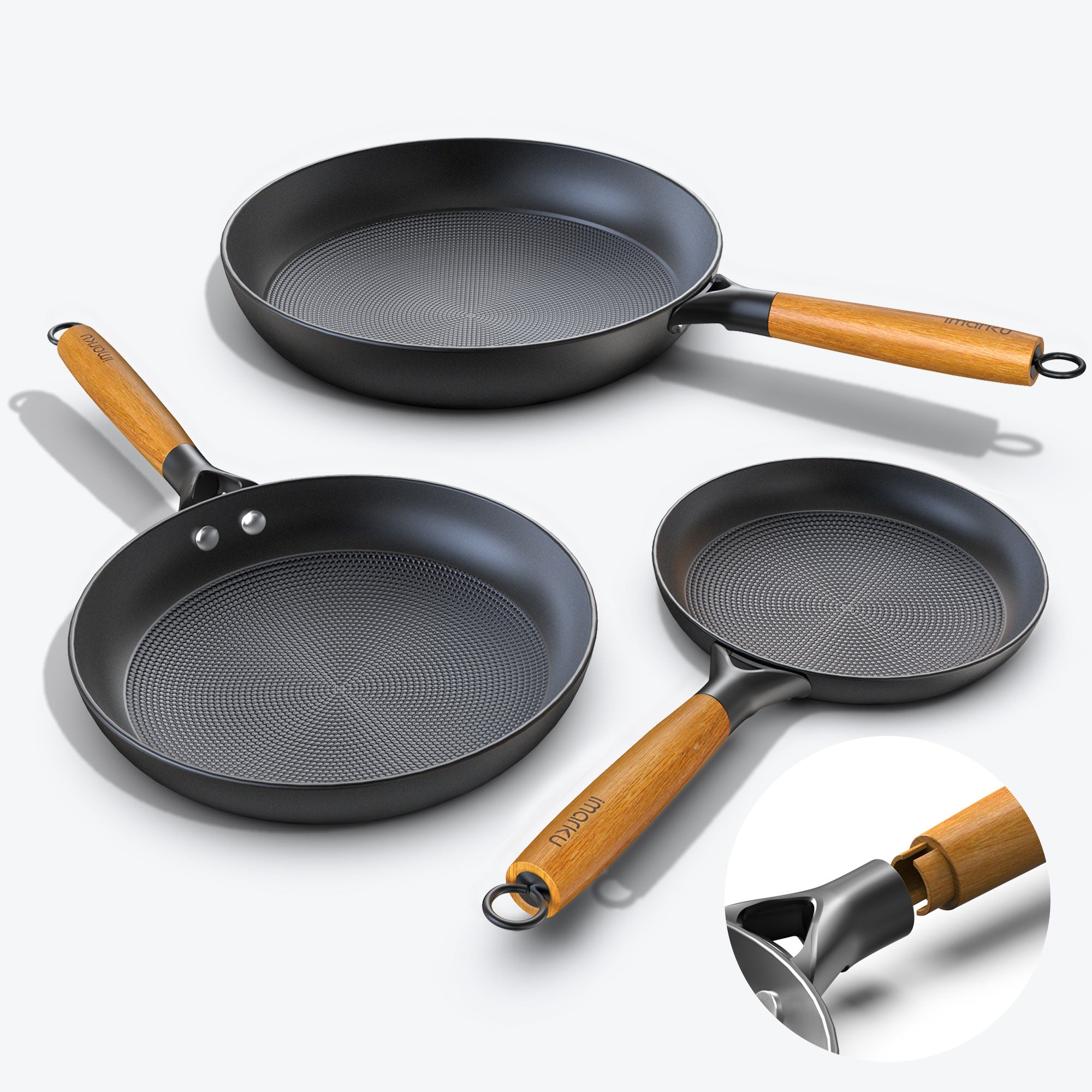
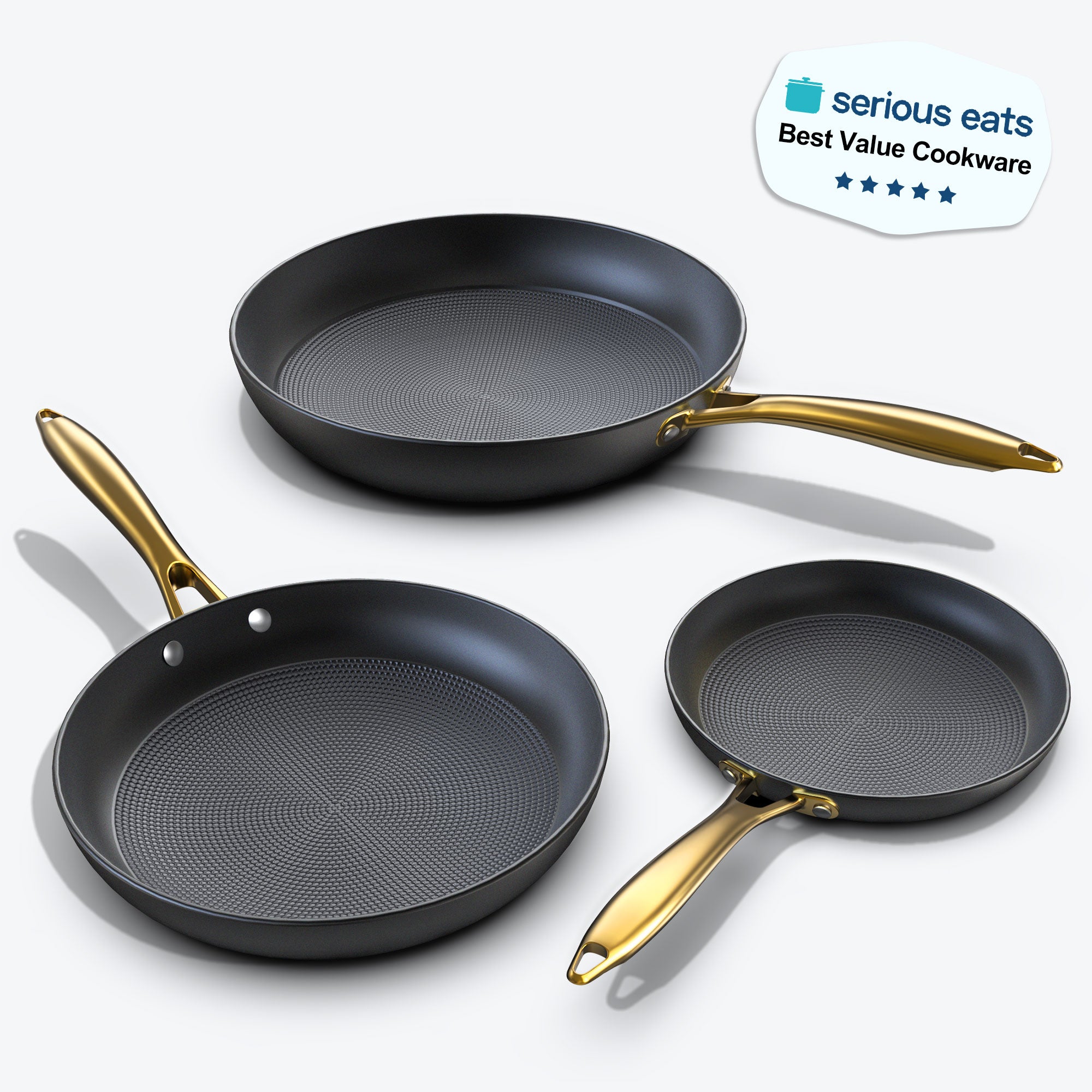
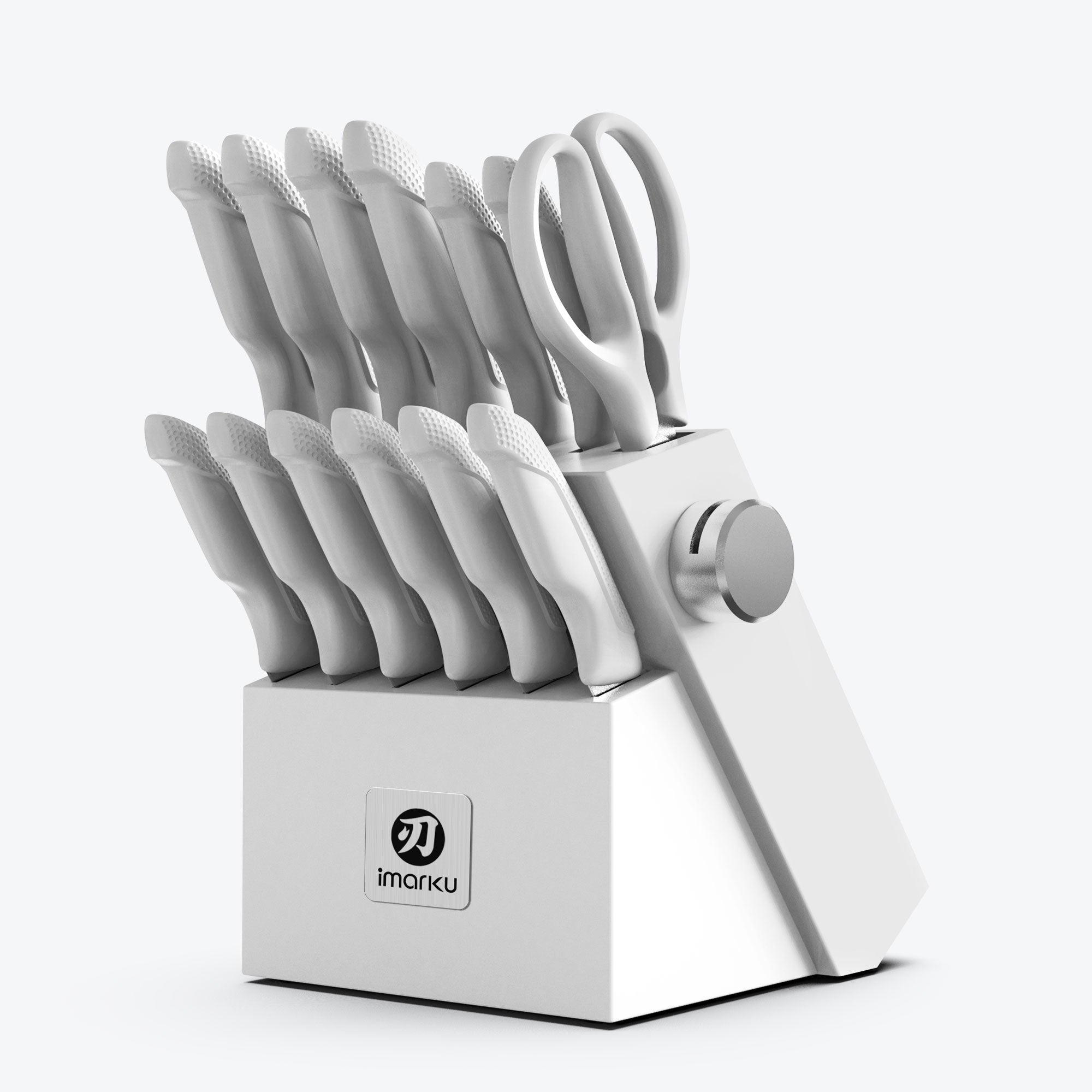

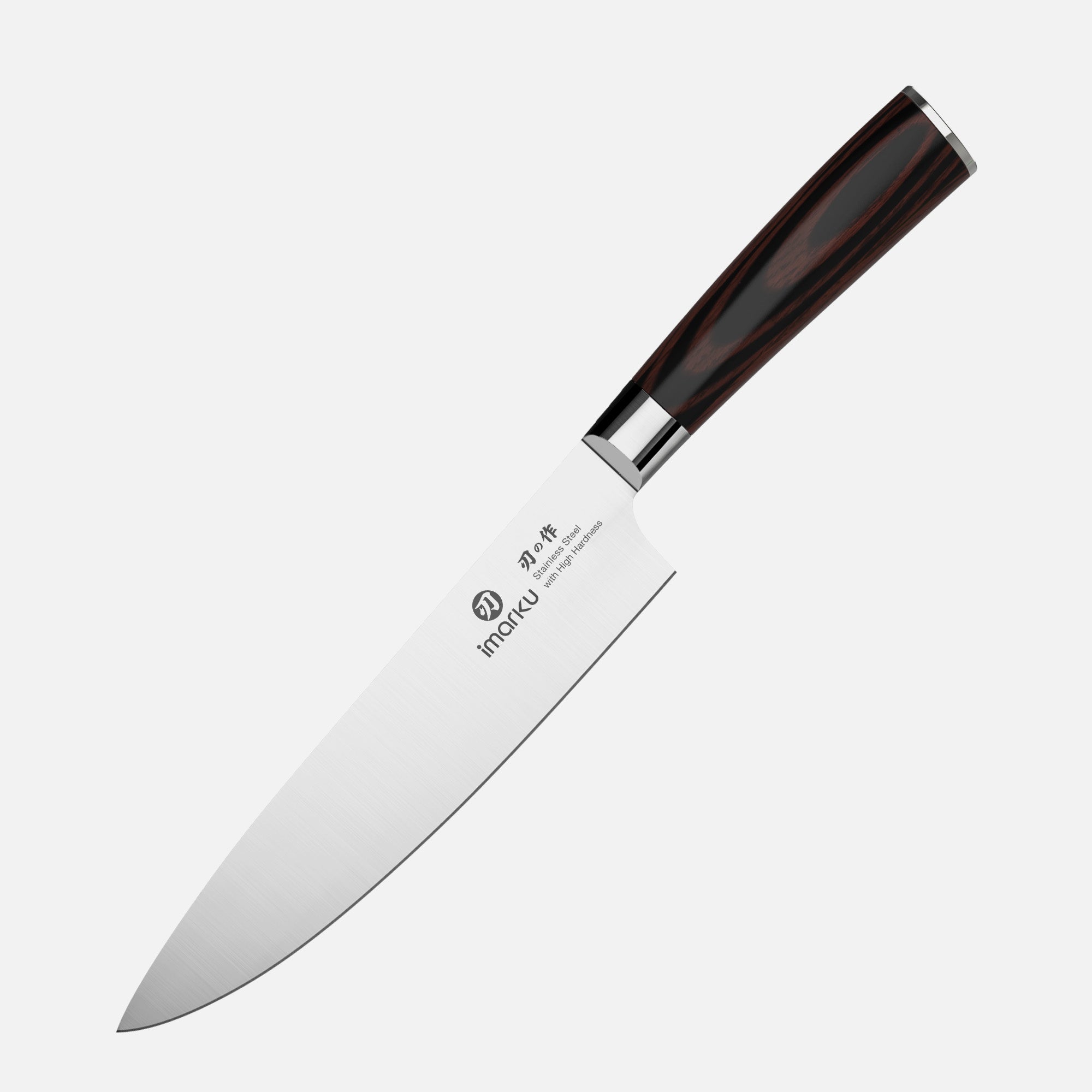

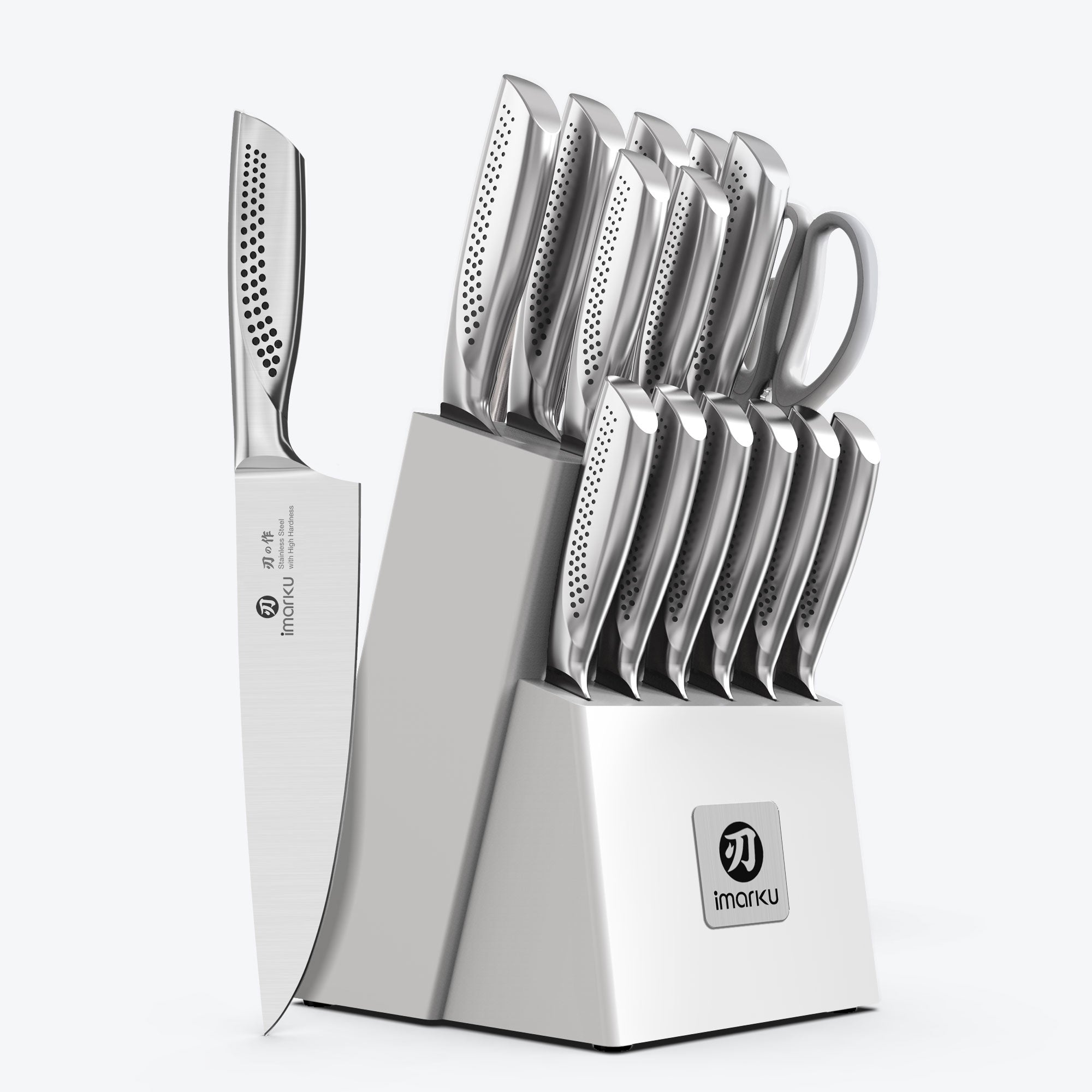

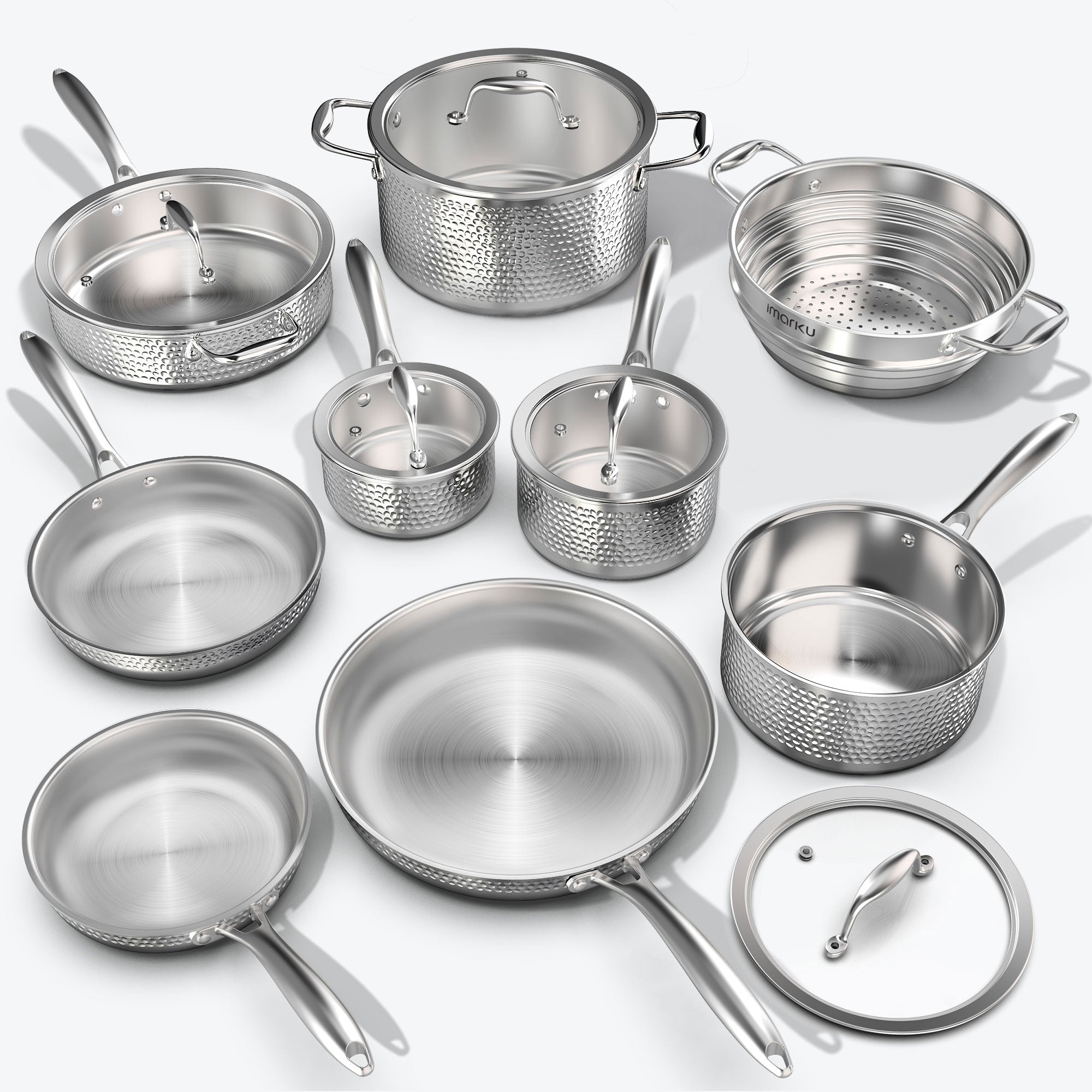
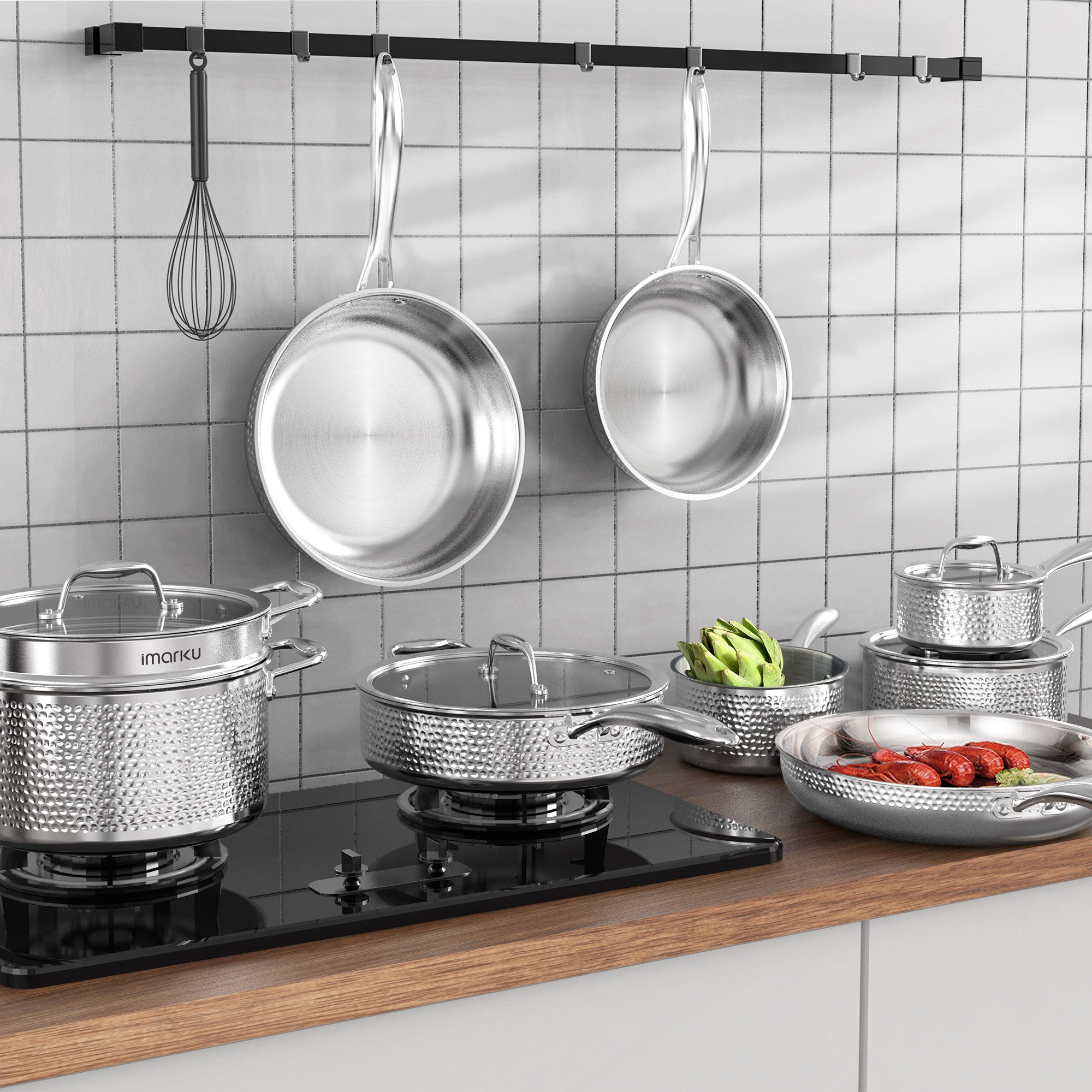
Leave a comment
All comments are moderated before being published.
This site is protected by hCaptcha and the hCaptcha Privacy Policy and Terms of Service apply.